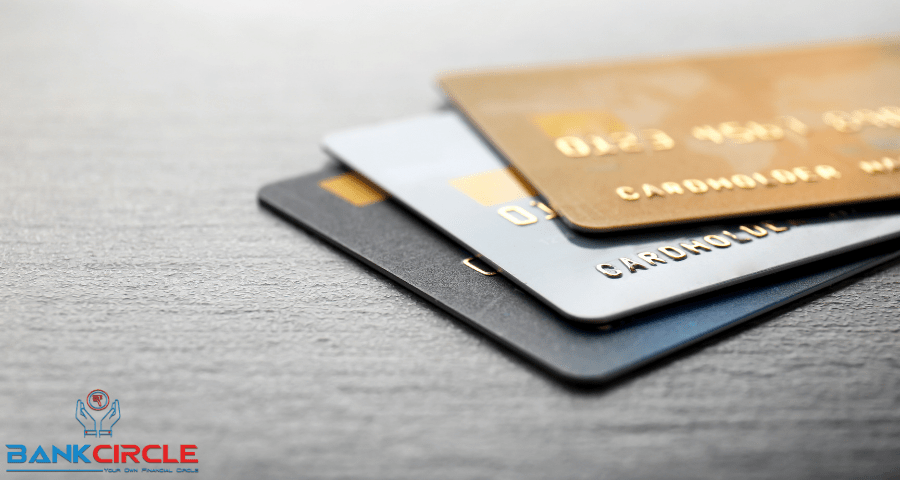Credit report errors can negatively impact your credit scoreA numerical representation of an individual's creditworthine More, potentially leading to higher interestInterest: The Cost of Borrowing Interest is the price you pa rates, loanLoan: A Borrower's Best Friend A loan is a financial arrange rejections, or difficulty in obtaining credit. Identifying and correcting these mistakes is crucial for maintaining an accurate credit history. In this blog post, we will discuss the most common credit report errors and provide guidance on how to fix them.
Incorrect Personal Information
Errors in personal information, such as name, address, or date of birth, can create confusion and affect your credit report. These mistakes may occur due to clerical errors or identity theft.
How to fix: Review your credit report carefully and report any discrepancies to the credit bureau. Provide the necessary documentation to support your claim, and the bureau will investigate and correct the error.Duplicate Accounts
Sometimes, the same account may be listed multiple times in your credit report, making it appear as if you have more debt than you actually do.
How to fix: Contact the credit bureau to report the duplicate account. They will investigate the issue and remove the duplicate entry if the error is confirmed.Outdated or Incorrect Account Information
Your credit report may display outdated account balances or incorrect payment history, which can negatively impact your credit scoreA numerical representation of an individual's creditworthine More.
How to fix: Verify the account information with the original creditor or financial institution. If an error is identified, request that they report the correct information to the credit bureau. You can also file a dispute directly with the credit bureau.Closed Accounts Listed as Open
Closed accounts that are inaccurately listed as open can give the impression of higher debt or unused credit lines.
How to fix: Contact the financial institution responsible for the account and request them to report the account closure to the credit bureau. Alternatively, you can file a dispute with the credit bureau and provide supporting documentation.Unauthorized Credit Inquiries
Unauthorized credit inquiries can lower your credit scoreA numerical representation of an individual's creditworthine More and indicate potential identity theft.
How to fix: If you find unauthorized inquiries on your credit report, contact the credit bureau and request the removal of the inquiry. You may also want to consider placing a fraud alert on your credit report to prevent further unauthorized inquiries or fraudulent activity.Incorrectly Reported Late Payments
Late payments can severely impact your credit scoreA numerical representation of an individual's creditworthine More, and sometimes they may be reported inaccurately.
How to fix: Contact the creditor who reported the late payment and provide evidence of on-time payment. If they confirm the error, they should report the correct information to the credit bureau. You can also file a dispute with the credit bureau and provide supporting documents.Conclusion
Regularly reviewing your credit report for errors and addressing them promptly is essential for maintaining an accurate credit history. If you identify any errors, dispute them with the credit bureau and the respective financial institution. Remember that a healthy credit history will improve your credit score and help you secure credit at better terms in the future.



